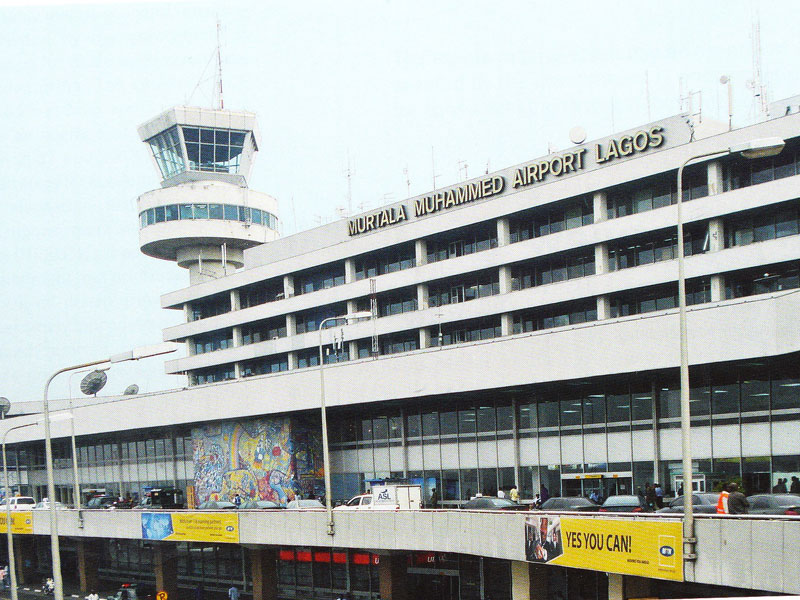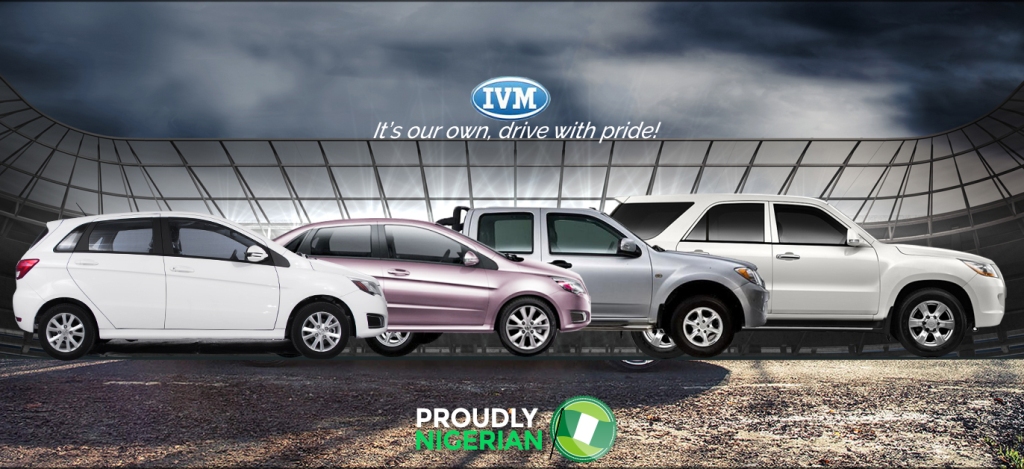Globally, most shippers choose the closest port to ship their goods to as close ports are usually accessible and cheaper. However, sometimes, farther ports are a better choice as they may offer you direct services and enticing added advantages given availability of sound inter-modal transport system. This was the key findings of a maritime research conducted by Business Hilights Intelligence Unit (BHIU), an independent business research arm of Media Hilights Integrated Company Limited, publishers of Business Hilights online news channel and Markets Business Hilights newspapers in Nigeria.
Last week, the port regulator, Nigerian Ports Authority (NPA), issued a statement signed by the General Manager, Corporate and Strategic Communications, Adams Jatto, saying “As from Monday January 27, 2020, vessels which have waited to berth at any terminal within the Lagos Pilotage District will be diverted to other terminals with capacity to berth vessels within the district.
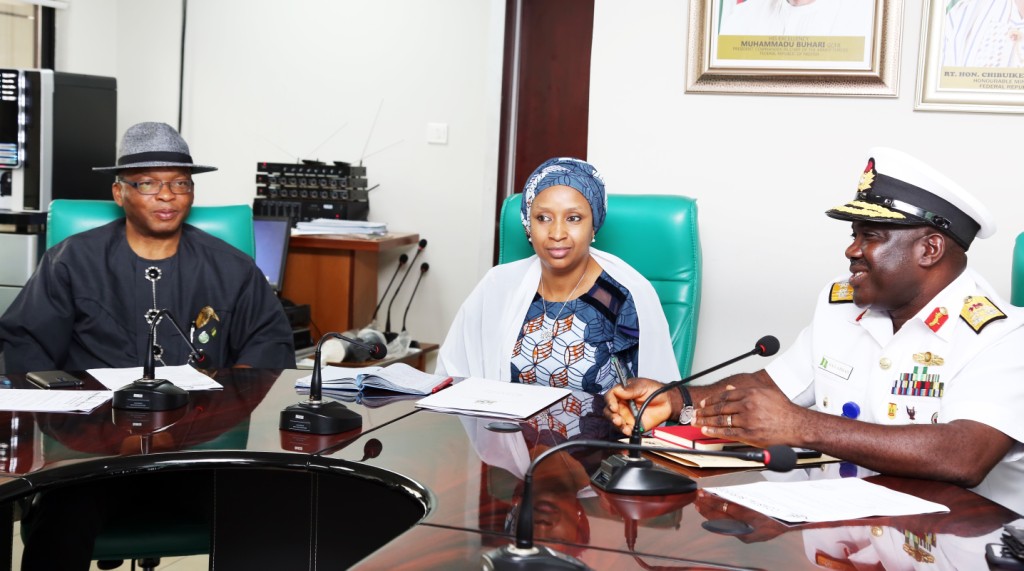
The Authority further averred that “In the event that all terminals in Lagos cannot discharge any vessels within four days; such vessels will be diverted to the eastern ports (other pilotage districts) for immediate berthing.
Also, “The authority will liaise with other relevant government agencies on behalf of stakeholders to expedite the clearance of vessels and cargoes, where necessary.”
In defence of the action, NPA made it clear that “the actions were taken to promote the ease of doing business policy of the Federal Government and curtail the negative economic impact that the long turnaround time of vessels had on stakeholders.”
The key factor leading to the understanding is that congestion at the Lagos port has also been compounded by the road rehabilitation works going on around Lagos, making it difficult for trucks to exit or access the seaport terminals.
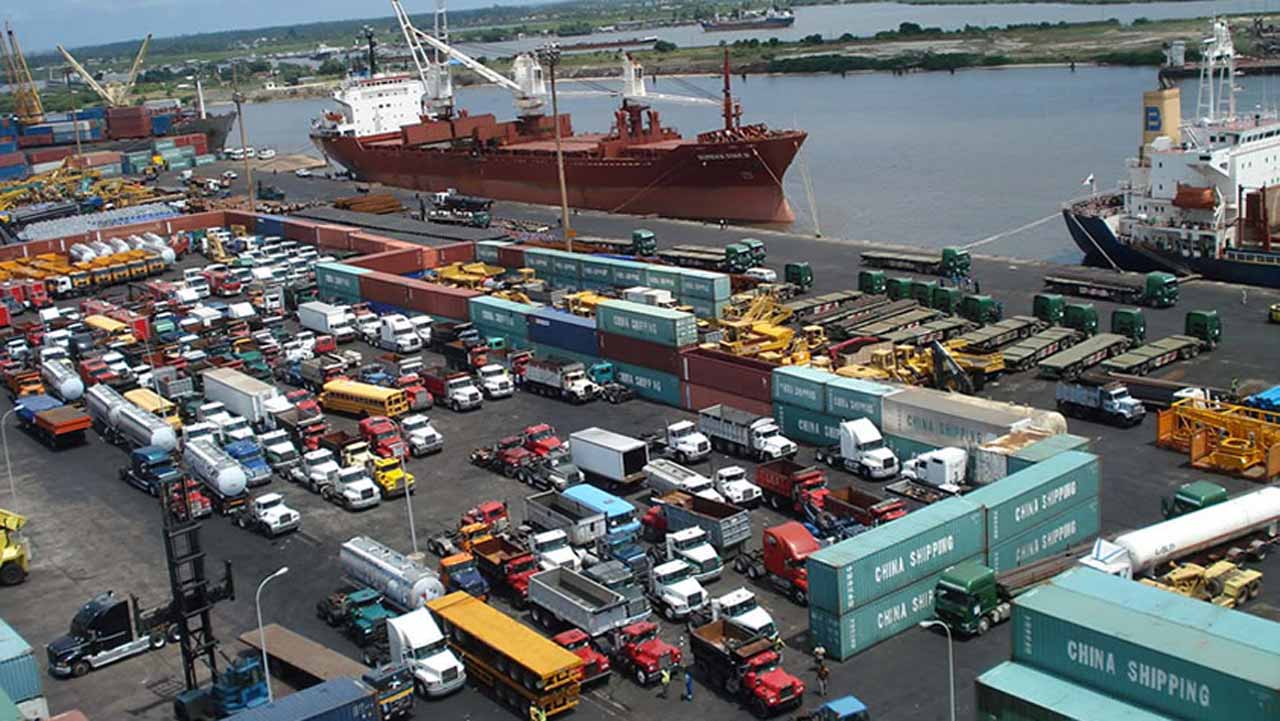
Now rewind to August 2019, when the Managing Director of NPA, Hadiza Bala-Usman had interactive session with editors, he argued that Lagos ports are congested because most of the products imported into the country through them are consumed by residents of Lagos and neighbouring states.
Though she listed steps being taken by the NPA to develop other ports in the country, she consented to the fact that ““As a shipper, you decide where your cargo will go to. Quite a lot of cargo that come into the Lagos area are meant for the Lagos environment, Ogun state, the manufacturing hub, all those industries around and also some that are going to the north.”
“Then, the eastern port, we have Warri port which has a draft of 7.5 meters; we can’t go below that, that is the maximum we can go, we have NNPC pipelines that are buried there so we can’t dredge below that. Then we have the Burutu port, which is moribund. We are currently at an advance stage of its concession, we have just sent the outline business case to the Infrastructure Concession Regulatory Commission (ICRC), we have investors that are keen to do that as a solid mineral terminal.
“Calabar port has a very widen and long channel, about 180km channels which requires for us to dredge it, to invest about N50 billion to dredge Calabar port. We looked at the revenue generation and traffic and realised that it doesn’t justify us to spend that amount.
Bala-Usman then announced that “So, we are exploring the use of flat vessel, in December 2018, we had flat vessel come to Calabar port. We have Onne port, Onne is functioning, it has about 10 to 11 meters draft. It was for oil and gas so designated but now it’s meant for all cargo types.
“The other issue that people use to decide where there cargo goes to is also accessibility to the final destination. For example, if you want to take your cargo to Aba, the question is can articulated truck drive from Onne to Aba? Can articulated truck move from Onne to the north? So, those roads that lead from the ports to major towns also need to be passable by articulated trucks. We have written to the ministry of works and highlighted all these roads. We have told the ministry of works to prioritize the repair of all these roads so that they can take larger truck.”
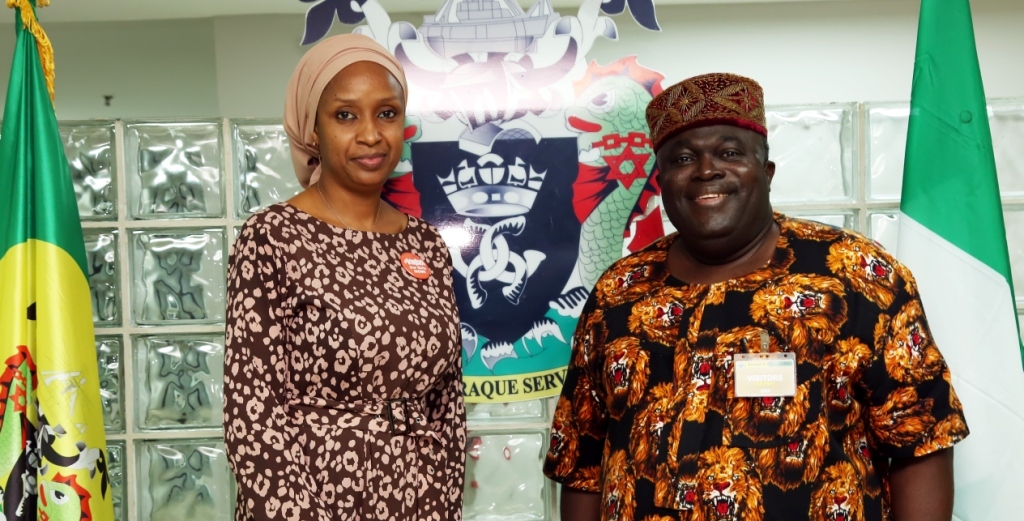
In fact, she narrated how the government of Adamawa imported items through Calabar because of proximity but could not access the port as a result of the situation of the roads.
BHIU recalled that in that August 2019 briefing, she explained how she has consistently drawn the attention of the ministry of power, works and housing on the need to make the road accessible.
However, latest checks on the states of the said roads showed worst conditions which will translate to real troubles for diverting ships if the Monday January 27 diversion policy is to really takeoff.
Even on the massive Calabar port, NPA boss observed clearly that “Calabar is the closest place to the north-east and north-central part of Nigeria, so you are able to take your cargo faster but there is no good road, there is a bad bridge along that road that prevents trucks from accessing the port. Recently, at the end of 2018, the minister of work awarded that road because I kept pestering him that he needs to award that road and bridge that doesn’t allow truck carrying containers.”
Giving further emphasis on the Adamawa case, she made it clear that “Adamawa State government imported items through Calabar because it’s close, when they got to that bridge, they couldn’t pass, these are some of the challenges. Even if you go there, how did you get your things to your final destination?
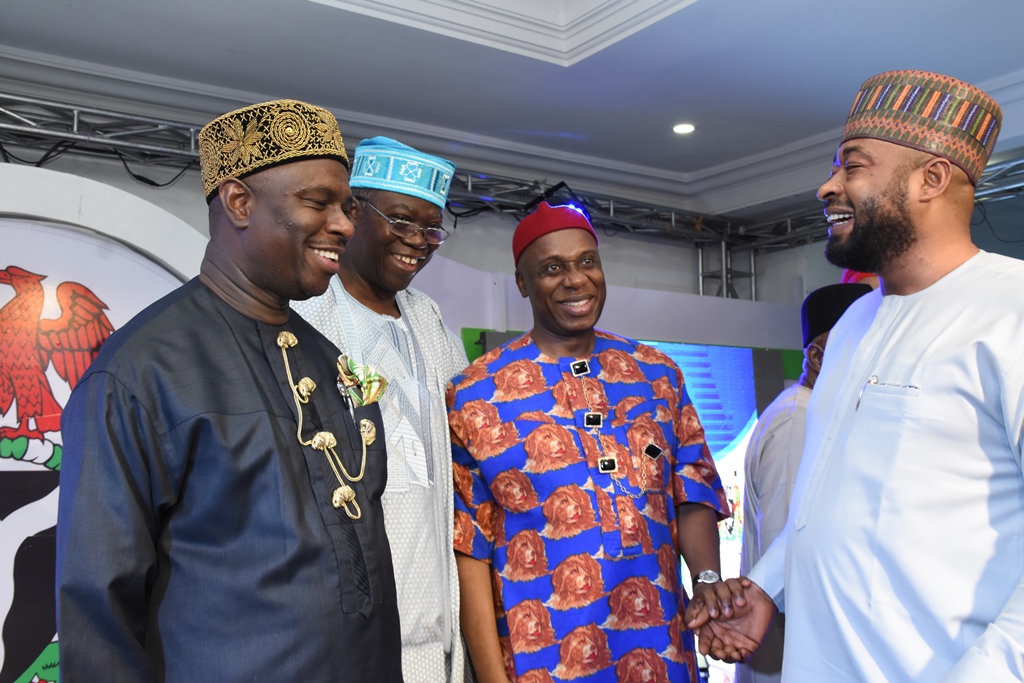
“In addition, there is the security challenge, people going to the eastern port are challenged because your vessel has to carry war insurance and you need to also hire additional security. So, there is that additional cost that discourages these people from going to the eastern port. The high rate of pirates operation makes it more unattractive, we have quarterly report from the office of the national security adviser which give details of the security challenges on the water way.”
BHIU argues that with the current worst state of roads to be used by diverted ships, can importers really take the huge risks both on roads and security?







